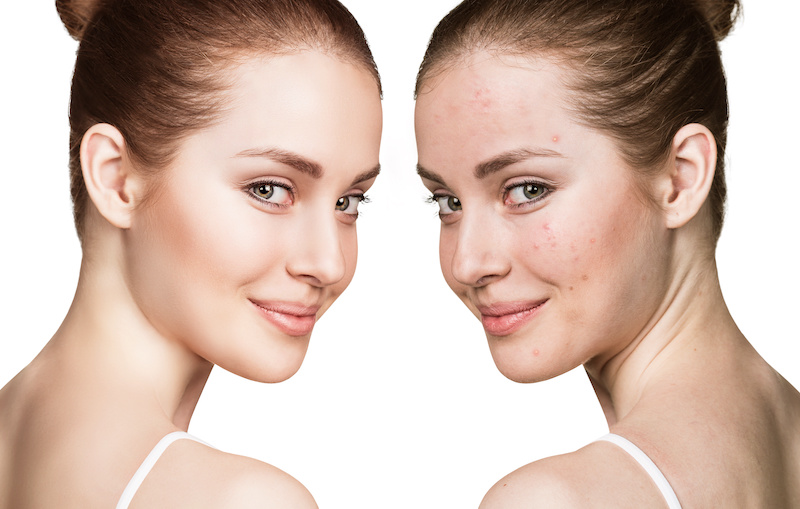Most teenagers experience skin problems of one kind or another during their teenage years. Acne is the most common skin condition in adolescents, but there are other skin problems that can occur, such as eczema, psoriasis, and rosacea.
Some skin problems can be treated with over-the-counter medications, but others may require prescription strength treatment.
A dermatologist can be consulted for teenagers who suffer from skin disorders that seem to be getting worse, don’t respond to over-the-counter treatments, or are causing severe distress. A dermatologist is a doctor with special training in the diagnosis and treatment of skin diseases.
Parents should not let their teenagers suffer in silence with skin problems. The following are the top five teen skin problems and how to solve them:
1. Acne
Acne is a common skin condition that affects most teenagers. It is caused by the overproduction of oil, bacteria, and dead skin cells. Acne can be treated with over-the-counter medications, but it may require prescription strength treatment.
2. Eczema
Eczema is an inflammatory skin disease that causes severe itching and disrupts sleep. Prescription steroidal creams are used to treat eczema flare-ups, or an antihistamine can be taken orally to control itching if the condition is mild.
3. Psoriasis
Psoriasis is a chronic skin condition that affects about 7.5 million Americans, most of whom are adults. It causes red patches of scaly skin to appear on the scalp, elbows, knees, palms of hands and soles of feet. A dermatologist can prescribe topical or oral medications to treat psoriasis.
4. Rosacea
Rosacea is a common skin condition that causes facial redness, flushing, and bumps. It is most common in adults between the ages of 30 and 50. Rosacea can be treated with prescription topical medications and/or oral antibiotics.
5. Varicose veins
Varicose veins are abnormally large veins that cause the skin to look discolored. They can be hereditary or caused by obesity, high blood pressure, pregnancy, and standing for long periods of time. Some people experience mild discomfort when they have varicose veins; others may find it embarrassing and not want to show their legs. Varicose veins can be treated with compression stockings, laser surgery, or vein stripping.
If your teenager is experiencing any of the skin problems listed above, consult a dermatologist for proper diagnosis and treatment. Don’t let your teenager suffer in silence – these conditions can be treated effectively with the help of a qualified medical professional.
